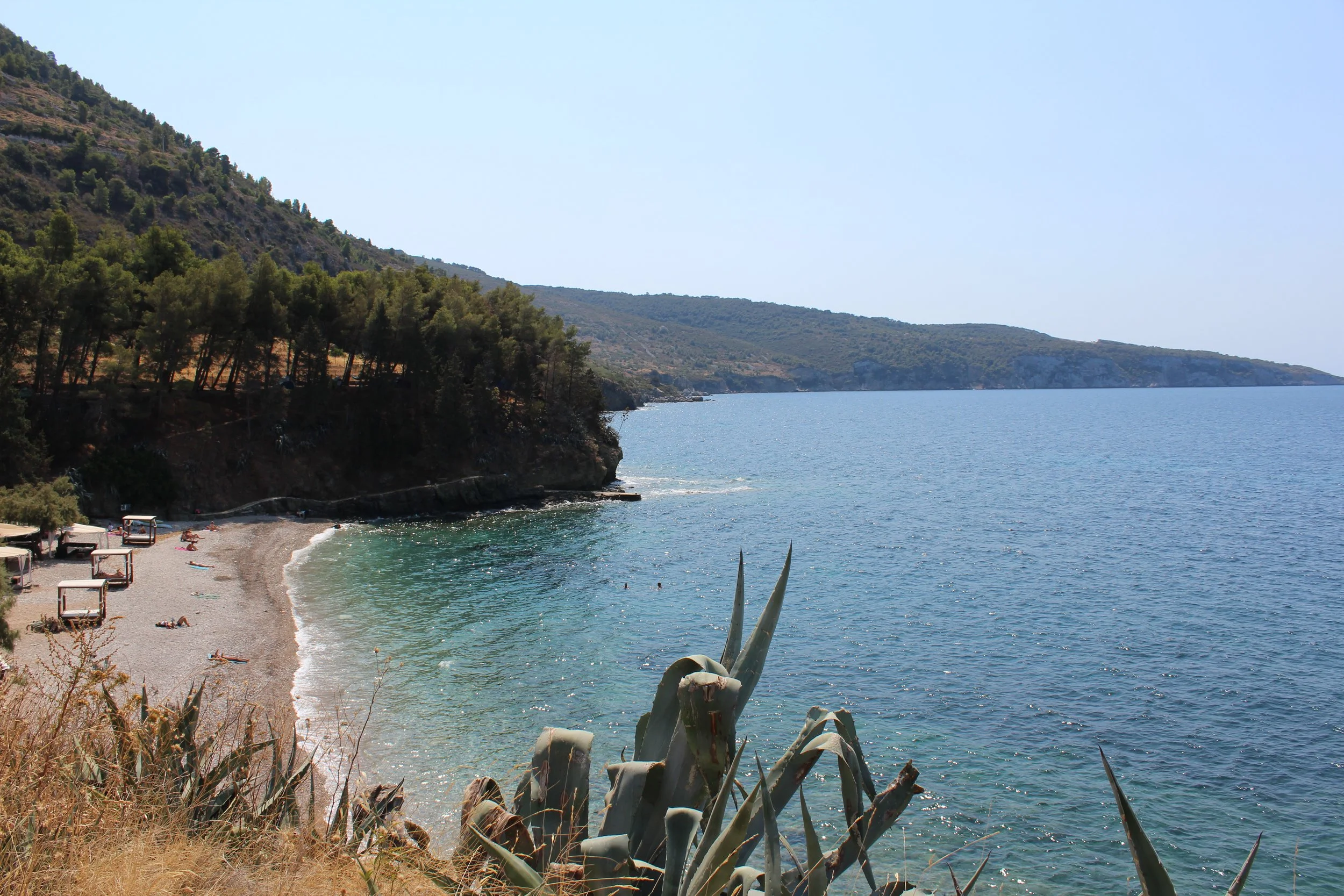Komiza, Vis Island
written by: Vivienne Le, Boston College Fall ‘21 Cohort
As our three months in Croatia come to an end, I’ve been reflecting on how much this study abroad experience has meant to me. No matter how many late nights were spent writing papers, there’s a lot to be grateful for. There is undeniably something special about ECSWP as an international educational program that I hope other students can experience.
First, the program is run by the Taylors (Petra and James), a couple with incredible passion for what we’re learning, great knowledge of the region, and extensive experience in both America and Croatia. Beyond the academic and professional side, it was a privilege to get to know both of them on a more personal level. I’ve struggled with talking to adults and forming mentorships with my college professors and so it’s been rewarding to hear from the Taylors about their lives outside of the classroom--their childhoods, how they met, and why they created the ECSWP program. At BC, I’ve had amazing professors who go above and beyond what’s expected of them--inviting students to their home and paying attention to students one on one. Similarly, it’s evident to me that both Petra and James care deeply about their students. As an example, they were the first professors to notice my lack of self-confidence and encourage me to talk more in class. Additionally, it’s been a unique opportunity to be invited into their home for movie nights and dinners and meet their children. I will miss Petra’s constant bubbliness and endless stories and James’ wisdom and ability to crack a joke at any moment.
Second, it was amazing to see how many connections the Taylors have within the Croatian community and to hear from a variety of well-known, established guests that they personally know. Take Amra for example, a Muslim peace activist who took us on an interreligious tour (to a mosque, synagogue, Catholic church, and Orthodox church) in Sarajevo, Bosnia and talked about surviving the Bosnian War. Or Aleksandra, our Croatian teacher for a week, who made learning language fun and was incredibly sweet and patient with my lack of ability to pick up on Croatian quickly. Or Dr. Zilka, a gender and religious studies scholar who redefined what it means to be a feminist as a Muslim woman. Or Pavao, an anti-corruption activist, who hosted us in his hotel in Vukovar and talked about exposing corruption within the Croatian government. It’s much different learning about these hard topics in the classroom versus actually speaking to people in the field, in the countries in which they were affected. Our travels throughout Croatia and to Serbia and Bosnia to hear from these speakers were one of the best parts of my study abroad experience.
Mount Hum, Vis Island
Lastly, I enjoyed the way the ECSWP program used a cohort model. During our specific fall semester, there were nine of us students in total: 4 from Gordon College, 5 from BC. Throughout the semester, I think we all got closer as a whole cohort and within our smaller BC cohort. Because of this program, I got to meet and befriend amazing people from both schools--people I probably wouldn’t have crossed paths with on my own. I feel lucky in having gained new friendships and having people near me next semester who will have understood what I’ve gone through. Rarely does one get the chance to be a part of a diverse group that comes together for a brief period of time to experience something new, adventurous, and uncertain.
There were so many additional factors that made my experience with ECSWP wonderful--being taught by BC Professor Owens, receiving constant on-ground support from ECSWP program assistants Ana and Dina, and meeting other European students. In sum, it is the people that have made my study abroad experience worthwhile. Croatia alone is a beautiful and idyllic country to be in, but without the people it would not have been as impactful. It was a short three months, but I know that the impact of studying abroad here will stay with me as I navigate re-integrating back into the States. There’s a term popular in Chinese and Vietnamese language that beautifully sums up my experience: yuanfen. Yuanfen loosely translates to “fateful coincidence” and is a way of describing good and bad chances and potential relationships. In other words, it describes how a group of people can fatefully come together for a brief period of time, become friends and do something beautiful together, and part ways.
Sarajevo, Bosnia and Herzegovina




